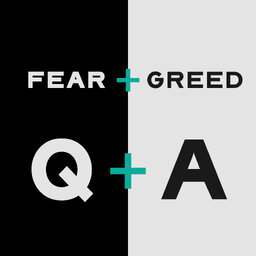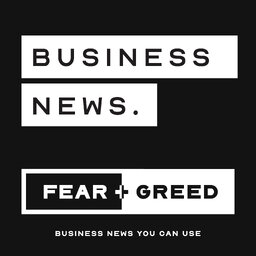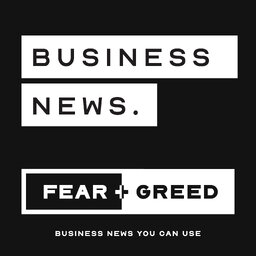Sunday feature: Why you won't find Walmart in Australia
Guest: Dr Kathleen Adams
Original publication date: May 21, 2021
Original description: Sean Aylmer speaks to Dr Kathleen Adams, marketing lecturer at RMIT, about Walmart - retail icon and the largest private employer in the world. They talk about the history of this incredible company, why it's been so successful, and why you won't find one in Australia.
In 1 playlist(s)
FEAR & GREED | Business News
Daily business news for people who make their own decisions, with business journalist Sean Aylmer an…Social links
Follow podcast
Recent clips

Q+A: The best & worst thing about returning to work
08:25

The Saturday Edition | 24 Jan 2026
28:02

Afternoon Report | Coalition trouble
03:44
 FEAR & GREED | Business News
FEAR & GREED | Business News